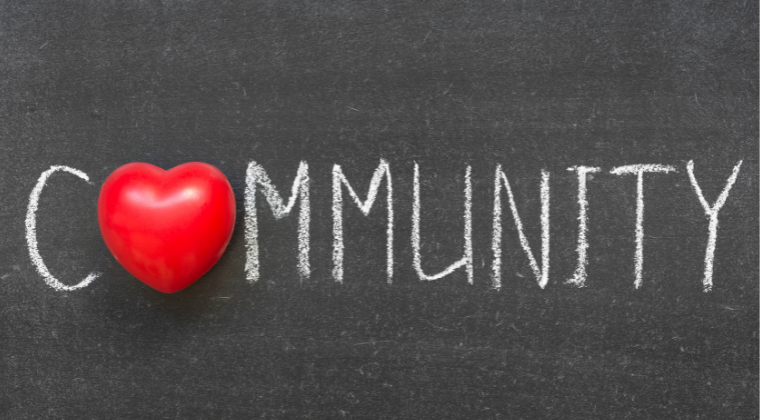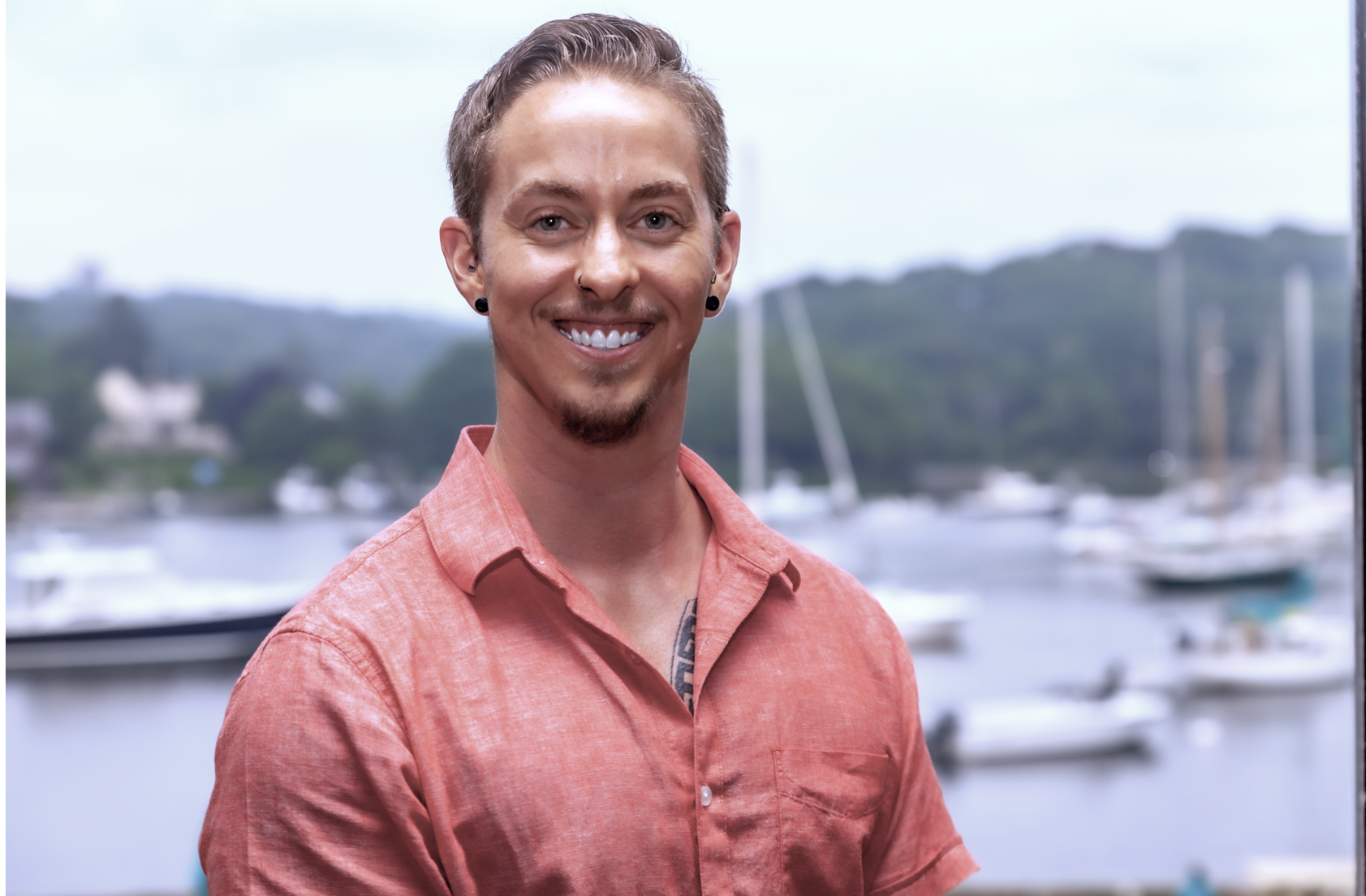
Real-world case studies
Contextualize each video lesson with concrete applications

Self-reflective questions
Reflect on how content connects to your own experiences after each video

Experienced educators
Learn from our 25+ years of community building as multiply marginalized people
About the course
This fundamentals course is for you if you've ever asked any of the following questions—plus so many more!: 💜 How can I support my community, when I’m struggling so much? 💜 What if I can’t find anyone who truly understands or cares about what I’m going through? 💜 How can I build a strong, caring community step-by-step, even when it feels impossible? 💜 How do I keep showing up when I burn out or have so many chronic needs? 💜 Why do I keep showing up, but it feels like everyone else is leaving?
What people are saying
Wondering if this course is right for you? Hear others' experiences!
Building Community Care Fundamentals gave me the language and steps to foster and show up in community more. For those who desire mutual care and learn how to give and receive care, plus how to find and create community/ies, I cannot recommend this course enough. Thank you Ash and Ryder for the thought and intentionality you two put into this course; the passion really comes through!
I have a better understanding of community and what it takes to build, sustain, and show up in community. I especially enjoyed the foster mutuality module where it addresses consent and the needs of everyone within community, as well as the savior complex and expecting unlimited care.
Curriculum
-
1
Module 0: Introduction
-
(Included in full purchase)
Course Layout
-
(Included in full purchase)
-
2
Module 1: What is community care?
-
(Included in full purchase)
Video
-
(Included in full purchase)
Post-Video Reflection
-
(Included in full purchase)
-
3
Module 2: Why is community care so difficult?
-
(Included in full purchase)
Video
-
(Included in full purchase)
Post-Video Reflection
-
(Included in full purchase)
-
4
Module 3: How can we receive care?
-
(Included in full purchase)
Video
-
(Included in full purchase)
Post-Video Reflection
-
(Included in full purchase)
-
5
Module 4: How can we give care
-
(Included in full purchase)
Video
-
(Included in full purchase)
Post-Video Reflection
-
(Included in full purchase)
-
6
Module 5: How can we conscientiously choose communities of care?
-
(Included in full purchase)
Video
-
(Included in full purchase)
Post-Video Reflection
-
(Included in full purchase)
-
7
Module 6: What is short-term versus long-term care?
-
(Included in full purchase)
Video
-
(Included in full purchase)
Post-Video Reflection
-
(Included in full purchase)
-
8
Module 7: Benefits and challenges of short-term versus long-term care
-
(Included in full purchase)
Video
-
(Included in full purchase)
Post-Video Reflection
-
(Included in full purchase)
-
9
Module 8: What are the differences between small and large communities?
-
(Included in full purchase)
Video
-
(Included in full purchase)
Post-Video Reflection
-
(Included in full purchase)
-
10
Module 9: How can we organize community care (part 1)?
-
(Included in full purchase)
Video
-
(Included in full purchase)
Post-Video Reflection
-
(Included in full purchase)
-
11
Module 10: How can we organize community care (part 2)?
-
(Included in full purchase)
Video
-
(Included in full purchase)
Post-Video Reflection
-
(Included in full purchase)
-
12
Module 11: How do we not burn out when the world is on fire?
-
(Included in full purchase)
Video
-
(Included in full purchase)
Post-Video Reflection
-
(Included in full purchase)
-
13
Module 12: How can we foster mutuality in communities of care?
-
(Included in full purchase)
Video
-
(Included in full purchase)
Post-Video Reflection
-
(Included in full purchase)
-
14
Concluding Activities
-
(Included in full purchase)
Testimonial
-
(Included in full purchase)
Ready to create change? Enroll now and start building communities where care, support, and empowerment thrive.
Join us for lived experience perspectives of building communities where care knows no boundaries and everyone's voice is heard.
$99.00

Instructor: Ryder Fox
Ryder Fox is the Founder and CEO of Stronger U and the President and Founder of THRIVE Lifeline. They are a nonbinary, queer, neurodivergent person living with multiple chronic illnesses. They also are a cult and violence survivor living with cPTSD and have navigated muteness, dissociative episodes, and chronic suicidality throughout their life. Ryder began working professionally with vulnerable populations in the late 1990s and founded Stronger U in 2007. They are passionate about supporting the too-oft dismissed needs of multiply marginalized people. Ryder has supported thousands of clients worldwide, which work propelled their founding of THRIVE Lifeline and educating hundreds of practitioners through a non-carceral lens that humanizes and uplifts supportees' expertise.
.png)